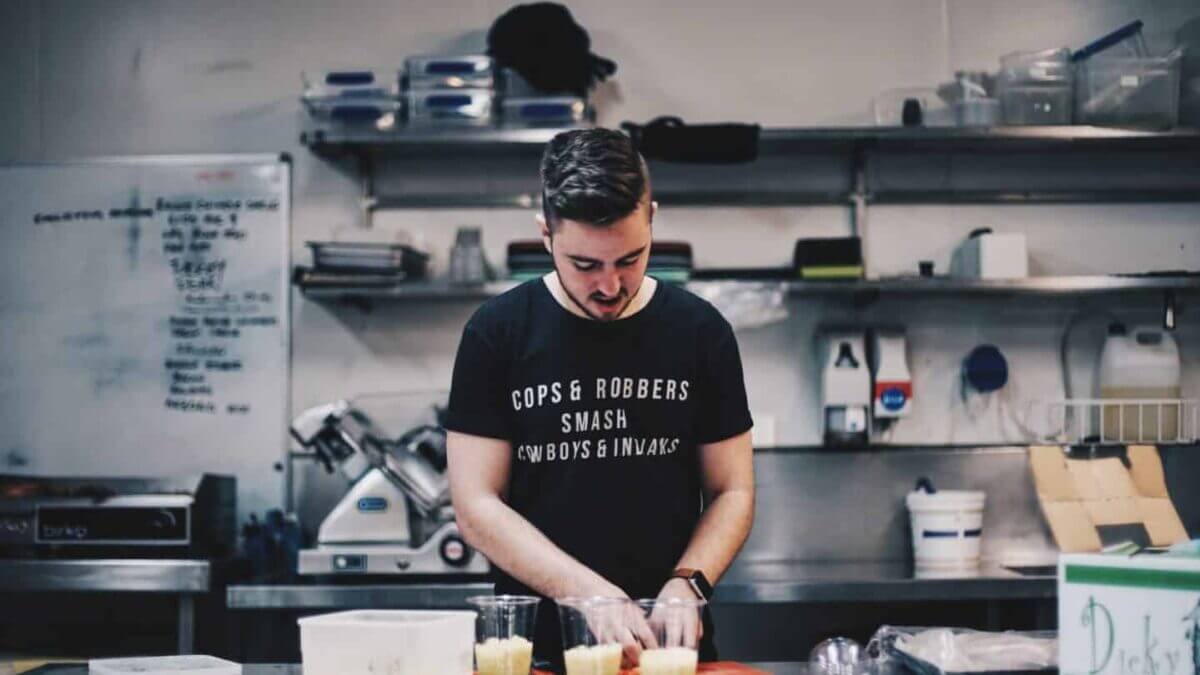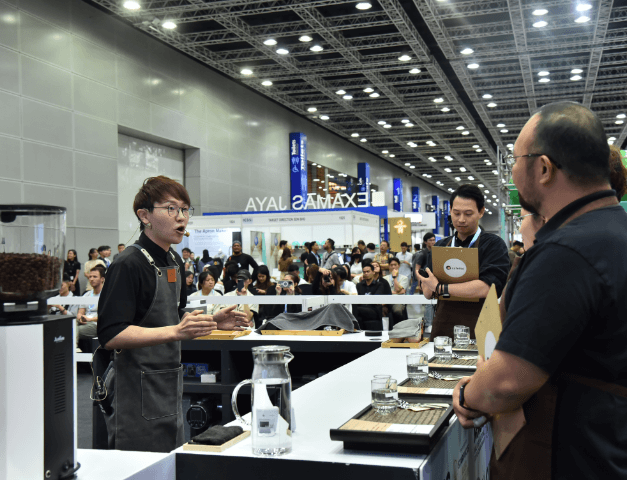With the rising popularity of reality TV shows featuring budding restaurateurs opening restaurants, more and more people are considering entering the food and beverage business. The kitchen is the heart and soul of a restaurant. It’s the place where food gets prepped, cooked, plated or dished out before being served to hungry customers. No matter where they are located, a commercial kitchen must produce consistent quality food products, quickly, efficiently and cost-effectively. Two key elements to ensuring your kitchen run smoothly are proper equipment (but it doesn’t need to be fancy) and dedicated manpower. But some other details also need to be taken care of.
Plan the space
A commercial kitchen should consist of a few stations: prep, saute, cooking, plating, and cleaning. As a general rule, the type of food you’re selling is going to be a factor in the types of stations you have. For example, if your restaurant is a BBQ joint, you’re going to need a large grilling station. If you’re selling pizza, then a pizza oven will become a station on its own. Logically, the size of your kitchen will determine the number of stations you can fit into it. Make sure your design and layout comply with all health and safety and building code requirements for commercial kitchens.
Equipping your kitchen
Once you have figured out your layout, it is time to think about what equipment you want in your kitchen. Most of your equipment will have to be a commercial standard to ensure efficiency, quality, and hygiene. If you are investing in dishwashing equipment, you want to make sure it reaches temperatures hot enough to sanitise, or there must be multiple sink compartments to wash and dry by hand. All this equipment won’t come cheap. If you are on a tight budget, consider getting used equipment or leasing the bigger items such as ice makers and large ovens. When it comes time to replace your equipment, look around commercial kitchen equipment wholesalers to score yourself the best prices. Don’t forget to regularly review your food stores and dispose out-of-date produce to avoid food spoilage or contamination.
Hire the right people
It does not matter if you have a staff of 3 or a staff of 100, your team’s organisational skills and flair for cooking are what will determine the success of your business.bMost positions in a restaurant are entry-level such as dishwashers or prep cooks but others, like the head chef, would require a few years of experience under their toque (chef’s hat). Make it a point to meet with your team regularly to make sure expectations are clear and also to discuss the ways things can be improved, not only in terms of management but also product ideas. Hygiene is of utmost importance and you should create a daily cleaning list that your staff adheres to strictly. That is unless of course, you want your place to go viral on social media because of a disgusting kitchen. Schedule in monthly thorough cleanups as well Don’t forget to treat everyone, whether it is your head chef, waiters or dishwashers equally, fairly and firmly.
Keep up with culinary trends
Now, this is a tricky one. To begin with, you do not want to be riding the bandwagon everytime as it will require constantly turning your menu topsy-turvy and retraining your staff. However, you should keep up with trends that affect your chosen type of cuisine. Attend as many trade shows as you can to get new ideas and compare your products to what is available out there. Don’t leave your team out of this though. Keep communication channels open and discuss your ideas with them. Heck, they may even have ideas of their own to bring in more profit. Whatever it is, do not lose your identity and branding and always maintain your business’ DNA.
If you want to see what your competition is up to or just see how you can up your kitchen game, come down to the Malaysian International Food & Beverage (MIFB) 2019 Trade Fair from 26-28 June 2019.



